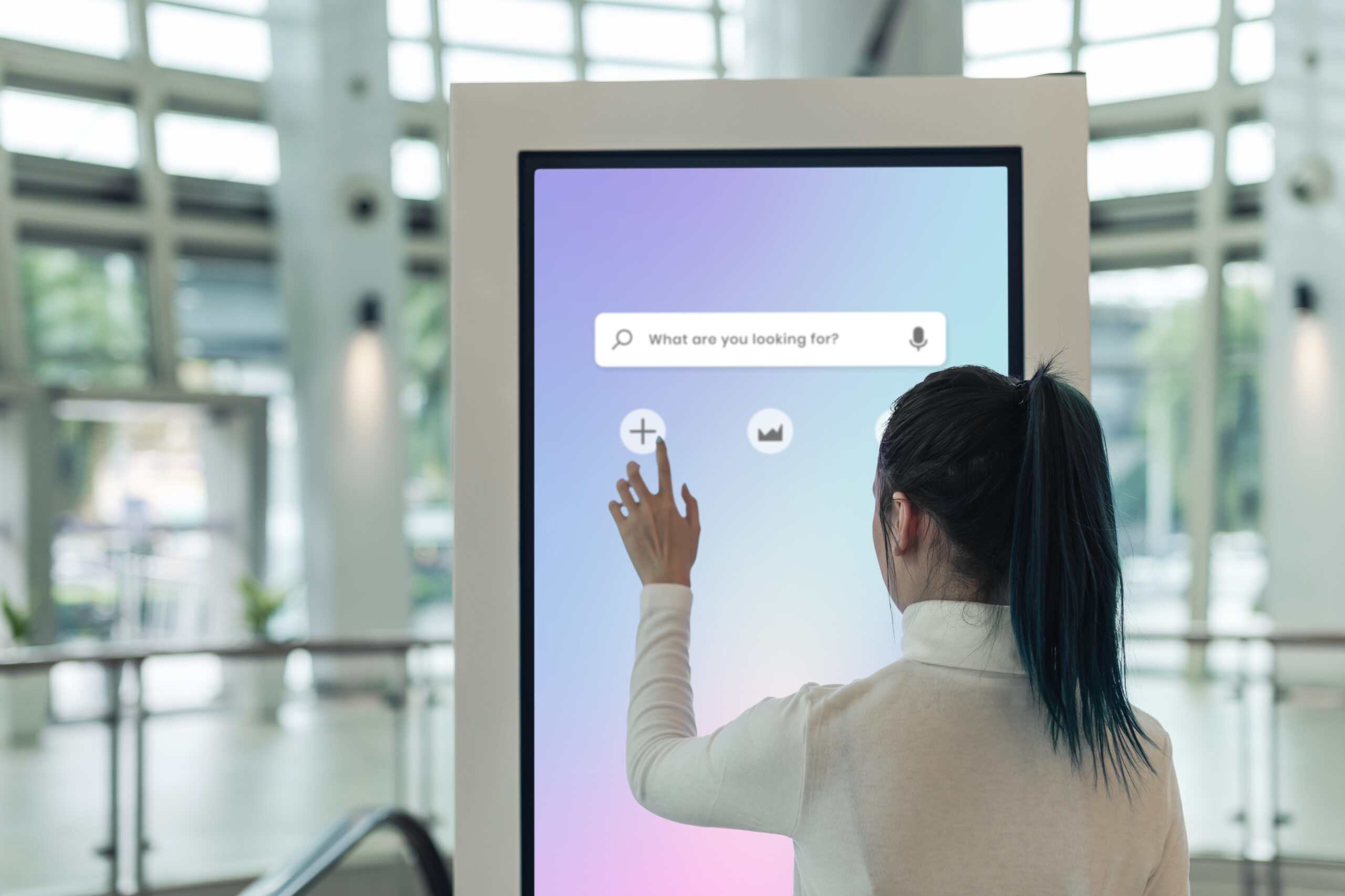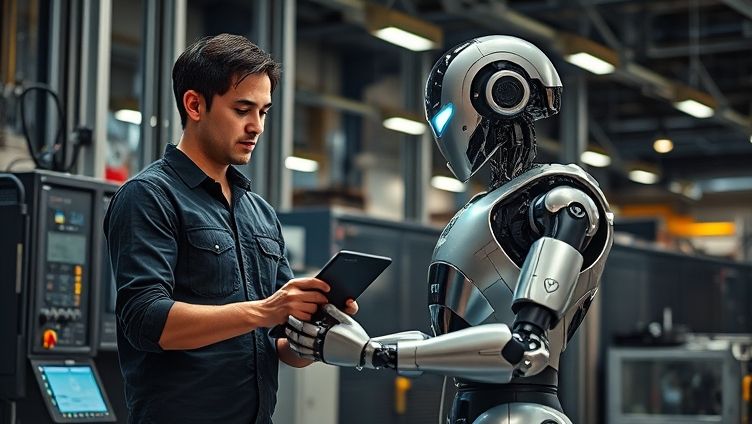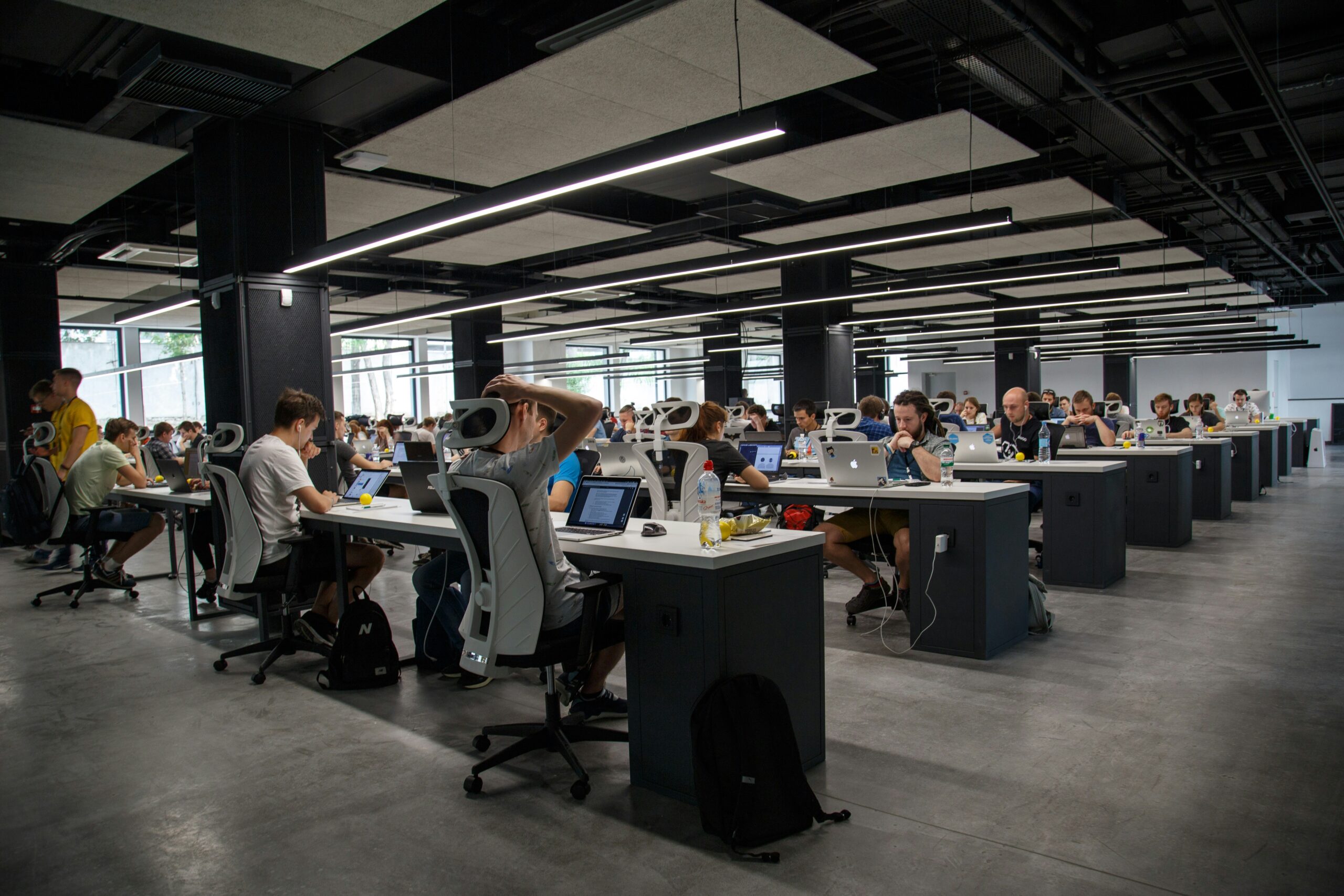In a surprising announcement, President Donald Trump revealed that Intel will sell a 10% stake to the U.S. government. This deal is more than a financial transaction—it has the potential to reshape the American workforce in an era increasingly dominated by artificial intelligence. With AI driving automation, innovation, and national security priorities, the Intel Stake Sale raises pressing questions about job security, reskilling, and the U.S. role in the global AI race.
1. Intel’s Stake Sale: What It Means for the American Workforce
The Intel Stake Sale is being viewed as a strategic move that strengthens U.S. control over critical semiconductor and AI technologies. On one hand, government involvement could accelerate AI adoption across defense, healthcare, and infrastructure. On the other hand, automation enabled by AI chips may replace traditional roles in manufacturing, logistics, and operations.
For the average worker, this signals an urgent need to adapt. Much like companies investing in upskilling—such as Caterpillar’s $100M workforce reskilling pledge—Intel’s alignment with government goals could create both job losses and new career opportunities.
2. Job Displacement and Reskilling: Navigating the New Employment Landscape
Whenever AI enters the equation, job displacement and reskilling become central issues. Manufacturing workers in Intel’s supply chain may face reduced demand for repetitive tasks. However, the growth of AI chip design and AI-powered industries is expected to generate jobs in areas like:
-
AI hardware engineering
-
Data analytics and system testing
-
Cybersecurity and AI governance
-
Workforce development and training programs
The challenge is clear: without a strong reskilling push, thousands could be left behind. As we discussed in AI Impact on Employment: How Automation is Reshaping the Global Workforce, this transition will require government, corporations, and workers to work together in creating reskilling pathways.
3. Gaining a Strategic Advantage: AI Innovations and Government Collaboration
The U.S. government’s stake in Intel provides more than financial backing—it represents a national security play. As global competition in AI heats up, particularly with China investing heavily in semiconductor dominance, this partnership could ensure that the U.S. retains an edge.
With government funding and regulatory support, Intel is positioned to:
-
Increase domestic semiconductor production
-
Drive AI chip breakthroughs for defense and healthcare
-
Secure supply chains for critical infrastructure
-
Foster innovation through public-private AI partnerships
But the strategic advantage also raises ethical and workforce questions: Who benefits from this innovation? Will workers gain better opportunities, or will AI advancements mainly benefit corporations and defense sectors?
4. Intel’s Financial Implications: Is This the Next Step in the AI Race?
From an investment standpoint, the Intel Stake Sale strengthens the company’s balance sheet and allows it to double down on research and development. Investors are watching closely, as this could position Intel as a frontrunner in the AI hardware market, competing against rivals like NVIDIA and AMD.
Yet, the long-term success of this move won’t be judged only by stock price. It will be judged by whether American workers benefit. Will they be trained for AI-driven roles, or will they face the brunt of automation? As explored in AI-Powered Hiring: Revolutionizing Recruitment or Reinforcing Bias?, workforce transformation must prioritize fairness, opportunity, and inclusivity.
The Intel Stake Sale marks a defining moment for the U.S. in the global AI race. By collaborating with the government, Intel gains resources to accelerate AI innovation and secure a competitive edge. But innovation comes with trade-offs: workers in traditional roles risk displacement, while new opportunities emerge in AI-focused careers.
The path forward will depend on how effectively the U.S. invests in reskilling and workforce development. If managed well, this move could fuel not just corporate growth, but also a stronger, future-ready American workforce.
External Link:
https://www.huffpost.com/entry/trump-intel_n_68a8c431e4b0d5177bea7585 (Citing the original news source)




